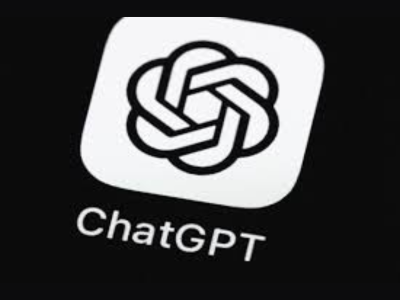OpenAI Restricts Personalized Advice in Health, Law, and Finance Amid Regulatory Pressure
- by Editor.
- Nov 03, 2025

Credit: Freepik
OpenAI has revised its ChatGPT policies to prohibit personalized guidance on medical, legal, financial, and insurance matters unless licensed professionals are involved.
The update responds to mounting regulatory scrutiny under the EU AI Act and U.S. FDA guidelines, aiming to reduce misinformation and legal exposure as users increasingly rely on AI for sensitive decisions.
The change, outlined in OpenAI’s safety blog, follows a series of 2024 incidents where AI-generated advice led to misdiagnoses and flawed legal filings. “We’re prioritizing safety over convenience,” said OpenAI spokesperson Sarah Chen, citing the EU’s classification of such use cases as “high-risk” and FDA warnings about AI diagnostic tools.
Under the new policy, ChatGPT will continue to provide general educational content—such as symptom overviews or legal definitions—but will now refuse or redirect specific queries with prompts like “Consult a professional for personalized advice.”
While the move has been praised by organizations like the American Medical Association and the U.S. Securities and Exchange Commission for reducing liability and curbing risky investment tips, critics warn it may limit access for underserved communities. “Generic info isn’t enough for many,” said Stanford AI ethicist Dr. Lena Vasquez.
The shift mirrors broader industry trends in 2025, with Google’s Bard and Anthropic’s Claude adopting similar restrictions under GDPR pressure. OpenAI, which reports 300 million weekly users—20% of whom seek expert-level help—has faced over 150 lawsuits in the past year alone, fueling the policy overhaul.
As AI firms navigate tightening regulations, the debate continues over whether these tools should serve as advisors or remain strictly educational. MIT’s Dr. Raj Patel summed up the moment: “We’re entering a safer but slower phase of AI evolution.”













0 Comment(s)